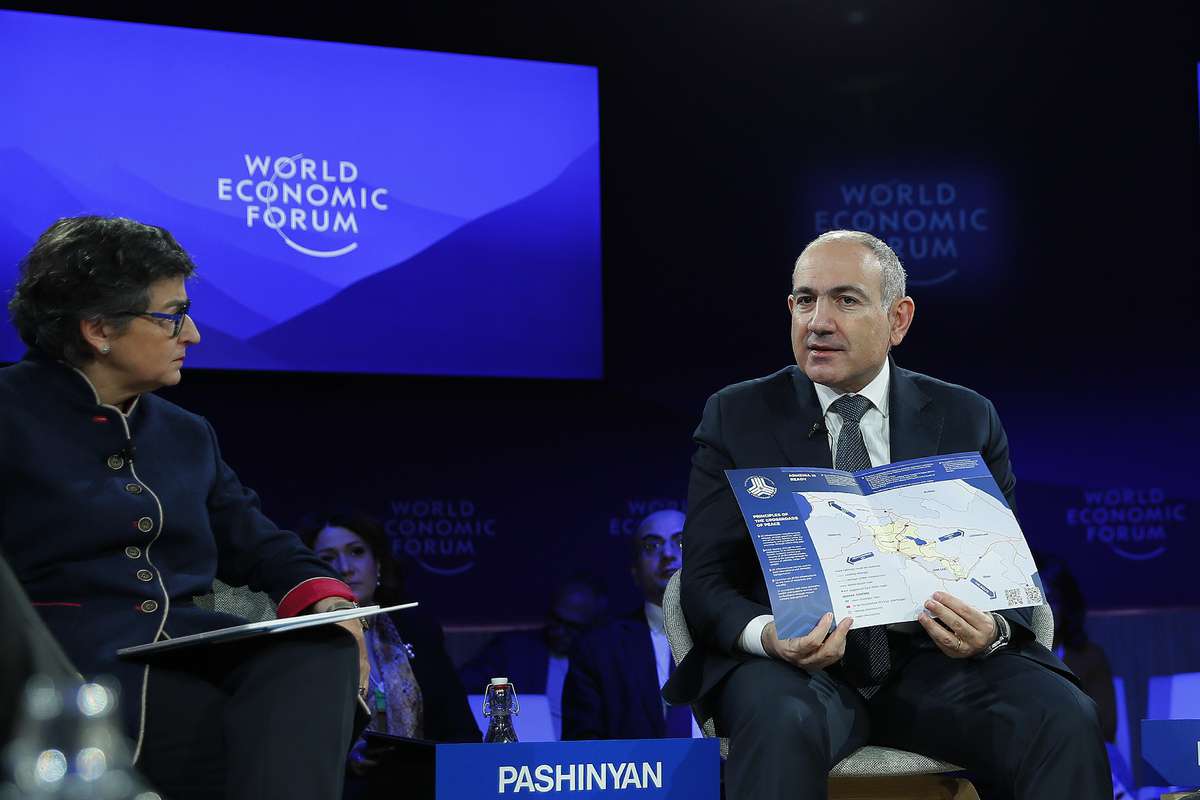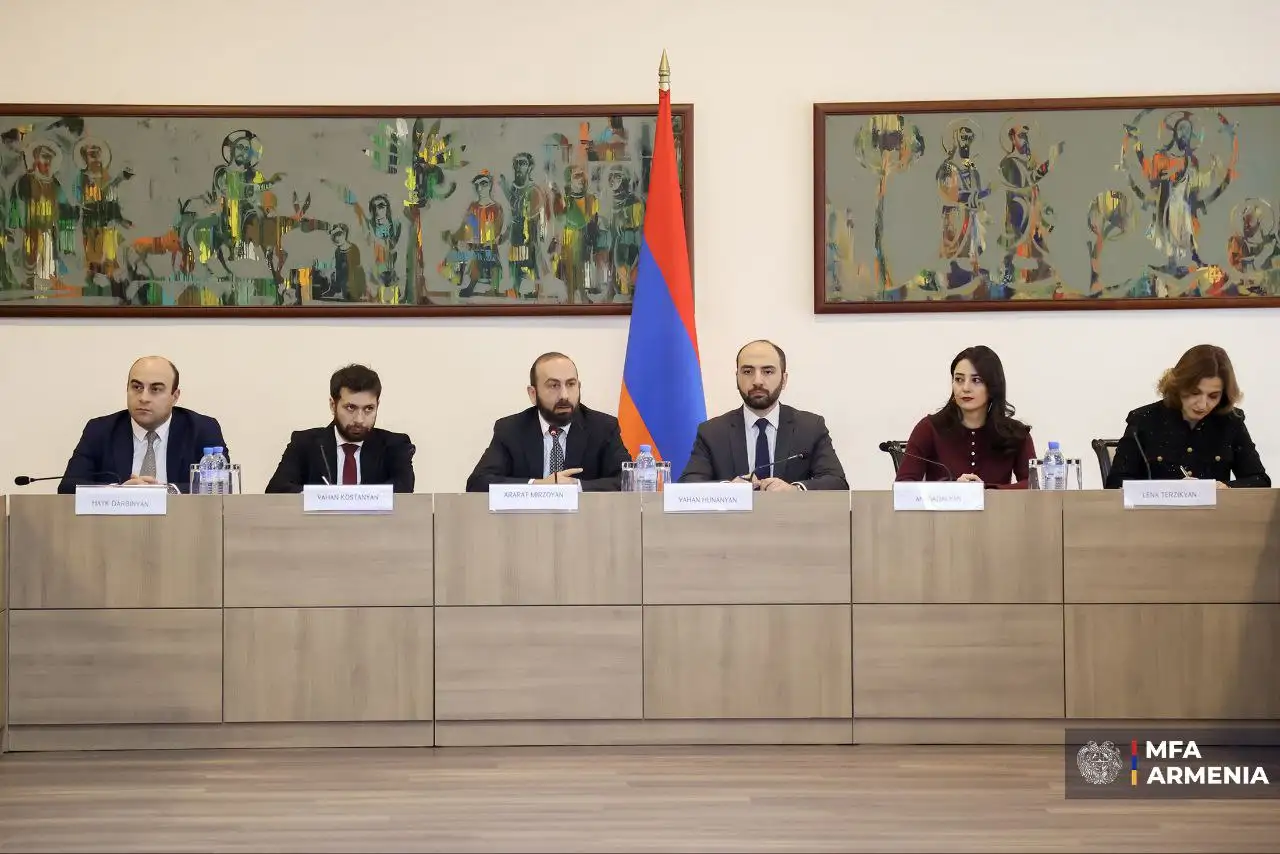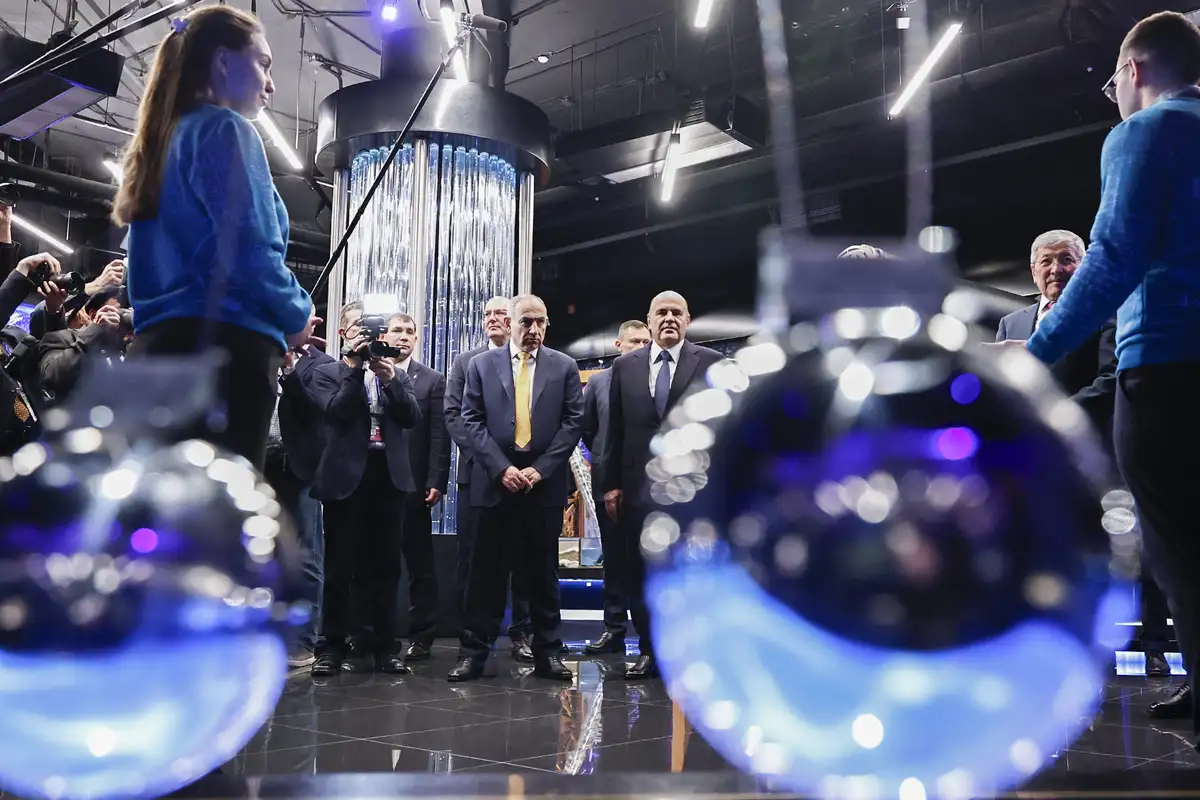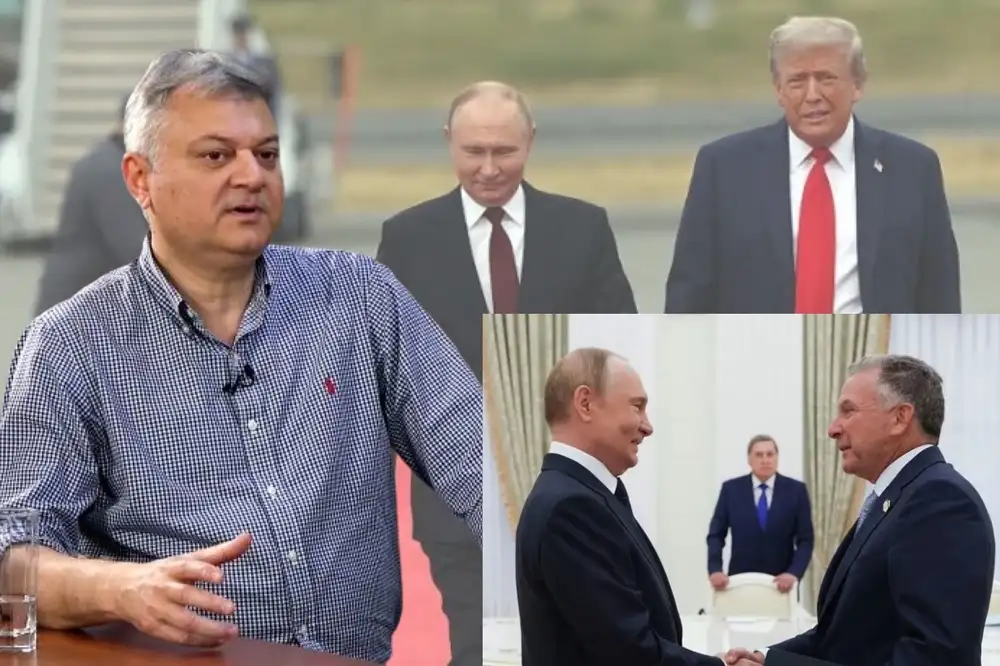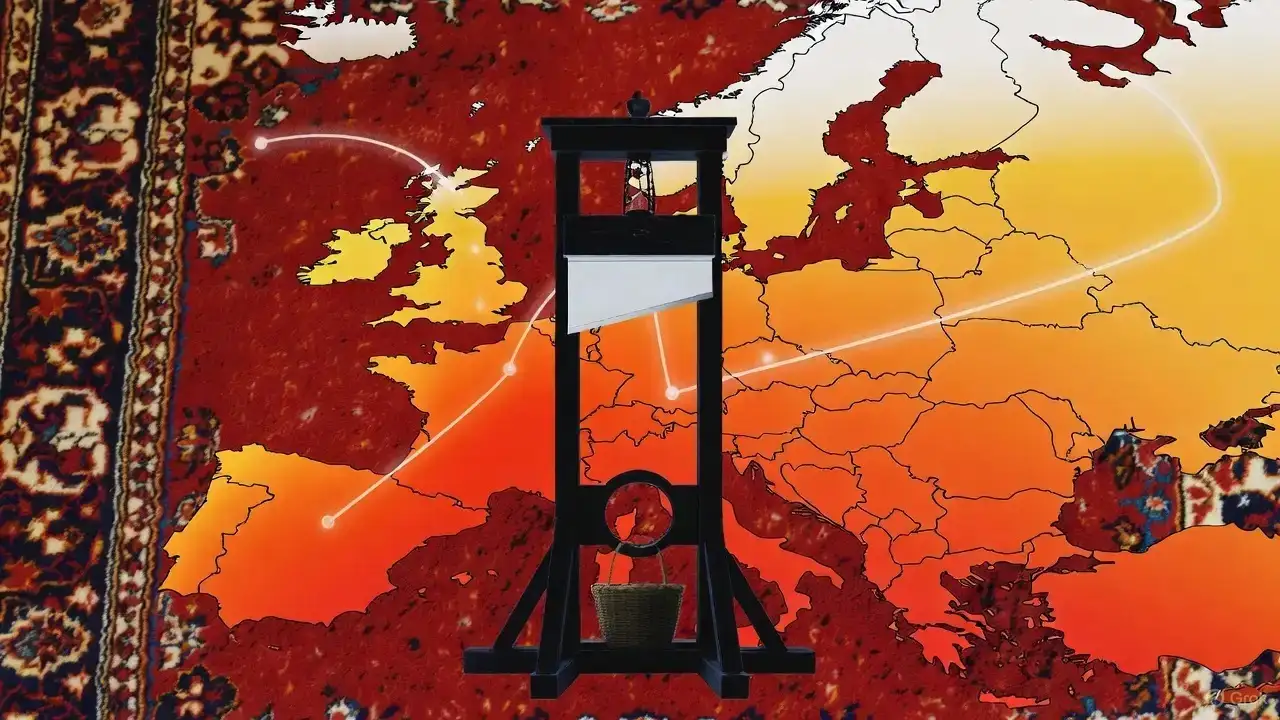Prime Minister Nikol Pashinyan participated in a panel discussion at the World Economic Forum in Davos on “How to Expand Europe’s Influence.”
Nikol Pashinyan answered the moderator’s questions, and we presented the Q&A in full.
Question: I want to address my question to the Prime Minister of Armenia, Nikol Pashinyan. Of course, Europe is more than the European Union; it consists of countries that want to become EU members, such as Armenia, but some countries do not want to join the EU, such as Switzerland or Norway, but they also want to have close ties with the EU. So, you recently proposed a bill to join the EU. Please tell me the significance of such a discussion for a country like Armenia.
Prime Minister Nikol Pashinyan: Thank you. The initiative belongs to civil society, which submitted a bill to launch the EU accession process. Our government approved it, and our parliament will probably adopt that law. This will legally mean that we are starting to get closer to the European Union.
Why do we strive to be close to the European Union? As a democracy, it is natural for us to align with other democratic nations and be part of that collective movement. It would be illogical to do otherwise. Currently, we are cooperating closely with the EU, and in recent years, our relationship has seen significant changes and developments. For instance, we have initiated negotiations on visa liberalization, an issue that has been on our agenda for many years but which we had previously been unable to address. I hope we can complete and finalize these negotiations as soon as possible.
Armenia is now included in the European Peace Foundation, which is also very important. The European Civil Mission is now in our country, which is also very important. We are in the process of implementing the EU Comprehensive and Enhanced Partnership Agreement and are cooperating very closely.
As for economic ties, of course, we want to be close to the EU in monetary terms. On the other hand, we also want to be economically close to our regional countries. Unfortunately, from the very beginning of our independence, we have been in economic isolation because our borders with Turkey and Azerbaijan were closed and continue to be closed.
To improve the supply chain in our region and globally, we have presented our proposal, “Crossroads of Peace,” which I hope you are familiar with. This project aims to improve the efficiency of our regional transportation and communication routes and create new communication routes with Azerbaijan and Turkey, deepening our relations with Georgia and Iran.
However, it also connects with the European Union because when this project is implemented, we will have a new chain route through Armenia to the European Union. This is not just an economic issue but also a very important security factor because you mentioned interdependence as a crucial factor of global stability and security. Of course, this project will be implemented when we can establish a lasting peace with Azerbaijan, which unfortunately has not yet been achieved. We are working in that direction.
We also need to establish diplomatic relations with Turkey and are working on this. People often ask me whether I am optimistic or pessimistic about this issue. I am neither optimistic nor pessimistic. I am pragmatic and understand that we must work until the problem is resolved.
The most important thing is to stay on the peace agenda. We must focus on it as a goal and work without giving up or getting frustrated. Of course, we need the international community's support, and I hope this support will be there.
Question: Thank you, Mr. Prime Minister. You reminded me of my former boss, European Commission President Jacques Delors, who said that you must be proactive and don’t have to choose between optimism and pessimism.
We are in a geopolitical situation where every player wants everyone else to stand by their side. And you are one of those countries to which everyone will say, you know, it would be good if you were with me, and if you are not with me, then you are against me. There is the US, of course, China, and there are also players in your region: Russia, the Gulf countries, and Europe. How will you navigate this?
Prime Minister Nikol Pashinyan: This is why we have adopted a balanced foreign policy, which means we will try to balance our relations with the European Union, Russia, and regional powers.
Our relations with Iran are significant. I have already said we are trying to establish diplomatic relations with Turkey and reach a peace deal with Azerbaijan. Of course, it is not easy, but it is not impossible. We are transparent in our intentions with all our international partners. We share with all our partners what we do with our other partners.
You talked about our decision to approach the European Union. Still, we are intensively trying to share our positions with Iran, Russia, and the rest of our partners because Armenia is an independent state. Although we are experiencing a period full of challenges, this also opens up an excellent opportunity for change. Periods of change bring with them great dangers but also great opportunities. We are trying to manage the risks and seize the opportunities.
I think this is the only pragmatic way to move forward without forgetting about balances. Deviation from balance can have dire consequences for security and stability, not only for a specific country but also for regional and global stability. Instability in any country, even a small one, can be chain-like. That is why balancing and being balanced is the most critical task.




